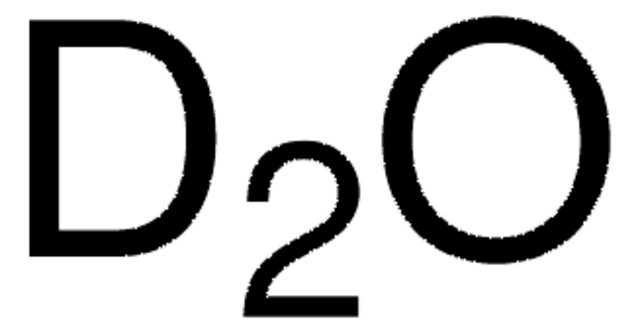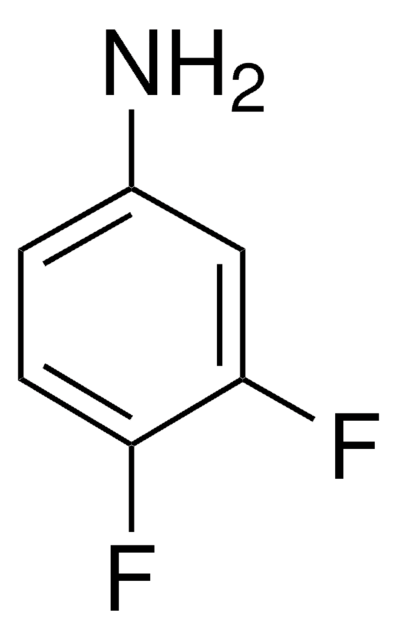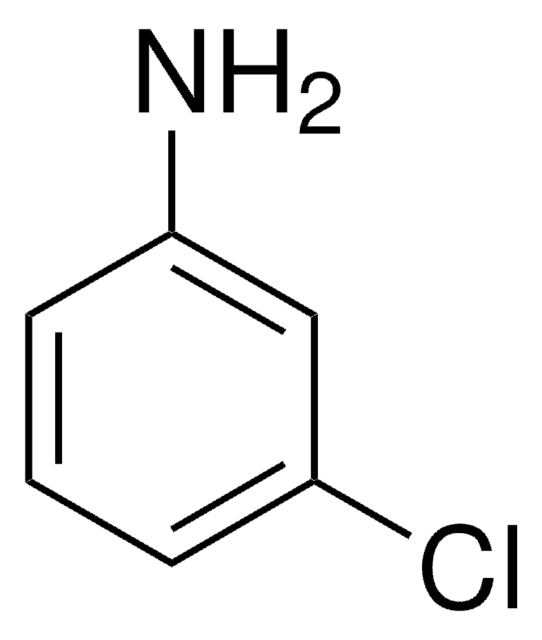437778
3,4-ジクロロアニリン
98%
別名:
3,4-Dichlorobenzenamine, 3,4-Dichlorophenylamine, 4,5-Dichloroaniline, 4-Amino-1,2-dichlorobenzene, m,p-Dichloroaniline
About This Item
おすすめの製品
品質水準
アッセイ
98%
bp
272 °C (lit.)
mp
69-71 °C (lit.)
官能基
chloro
SMILES記法
Nc1ccc(Cl)c(Cl)c1
InChI
1S/C6H5Cl2N/c7-5-2-1-4(9)3-6(5)8/h1-3H,9H2
InChI Key
SDYWXFYBZPNOFX-UHFFFAOYSA-N
類似した製品をお探しですか? 訪問 製品比較ガイド
関連するカテゴリー
詳細
アプリケーション
シグナルワード
Danger
危険有害性の分類
Acute Tox. 3 Dermal - Acute Tox. 3 Inhalation - Acute Tox. 3 Oral - Aquatic Acute 1 - Aquatic Chronic 1 - Eye Dam. 1 - Skin Sens. 1
保管分類コード
6.1A - Combustible acute toxic Cat. 1 and 2 / very toxic hazardous materials
WGK
WGK 3
引火点(°F)
275.0 °F - closed cup
引火点(℃)
135.00 °C - closed cup
個人用保護具 (PPE)
Eyeshields, Faceshields, Gloves, type P2 (EN 143) respirator cartridges
適用法令
試験研究用途を考慮した関連法令を主に挙げております。化学物質以外については、一部の情報のみ提供しています。 製品を安全かつ合法的に使用することは、使用者の義務です。最新情報により修正される場合があります。WEBの反映には時間を要することがあるため、適宜SDSをご参照ください。
PRTR
第一種指定化学物質
労働安全衛生法名称等を表示すべき危険物及び有害物
名称等を表示すべき危険物及び有害物
労働安全衛生法名称等を通知すべき危険物及び有害物
名称等を通知すべき危険物及び有害物
Jan Code
437778-BULK:
437778-1KG:
437778-250G:
437778-VAR:
437778-5G:
この製品を見ている人はこちらもチェック
ライフサイエンス、有機合成、材料科学、クロマトグラフィー、分析など、あらゆる分野の研究に経験のあるメンバーがおります。.
製品に関するお問い合わせはこちら(テクニカルサービス)
















